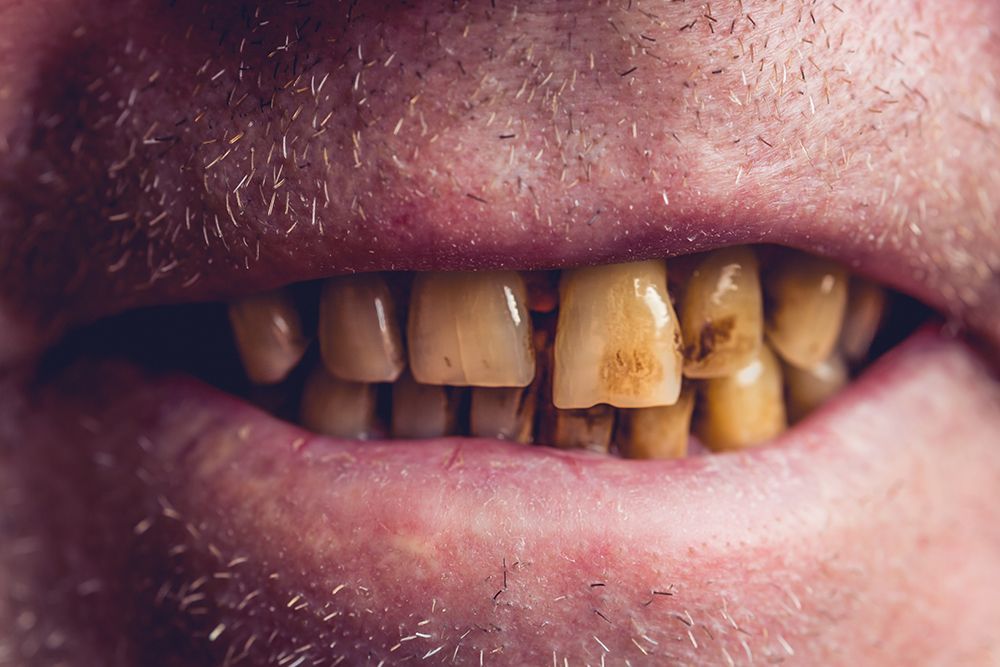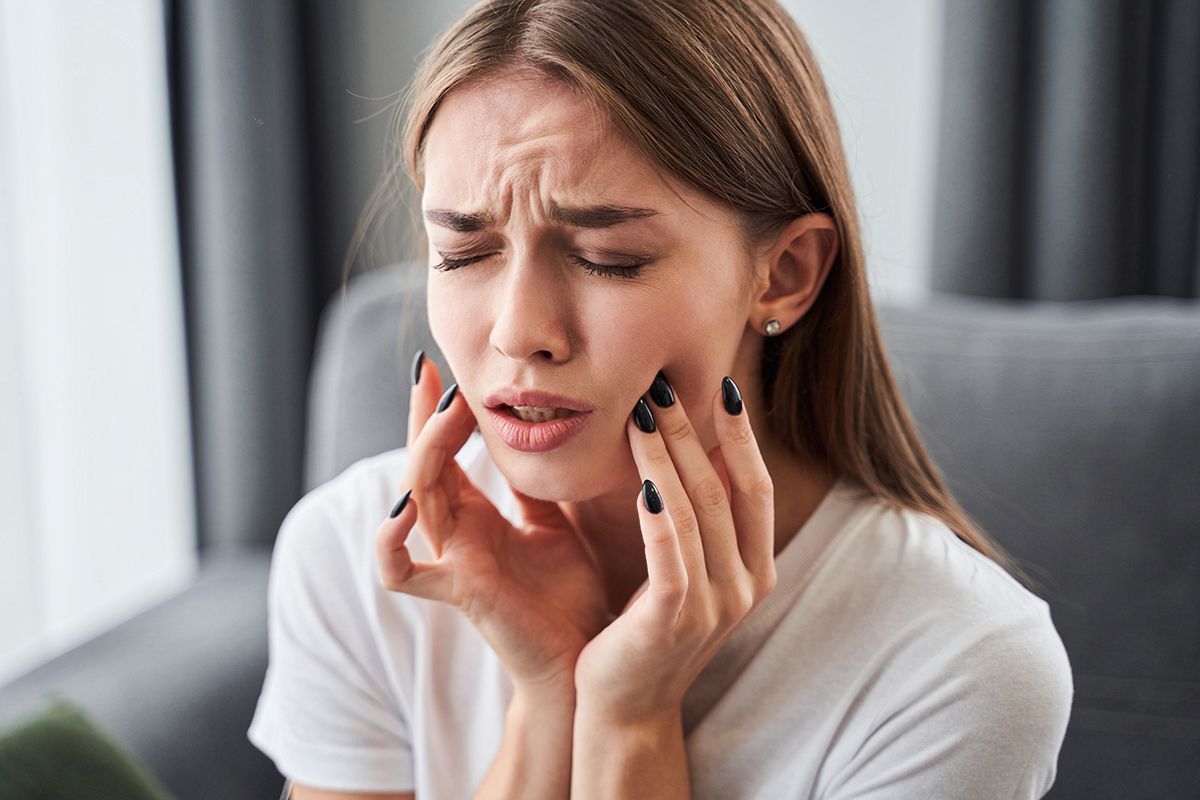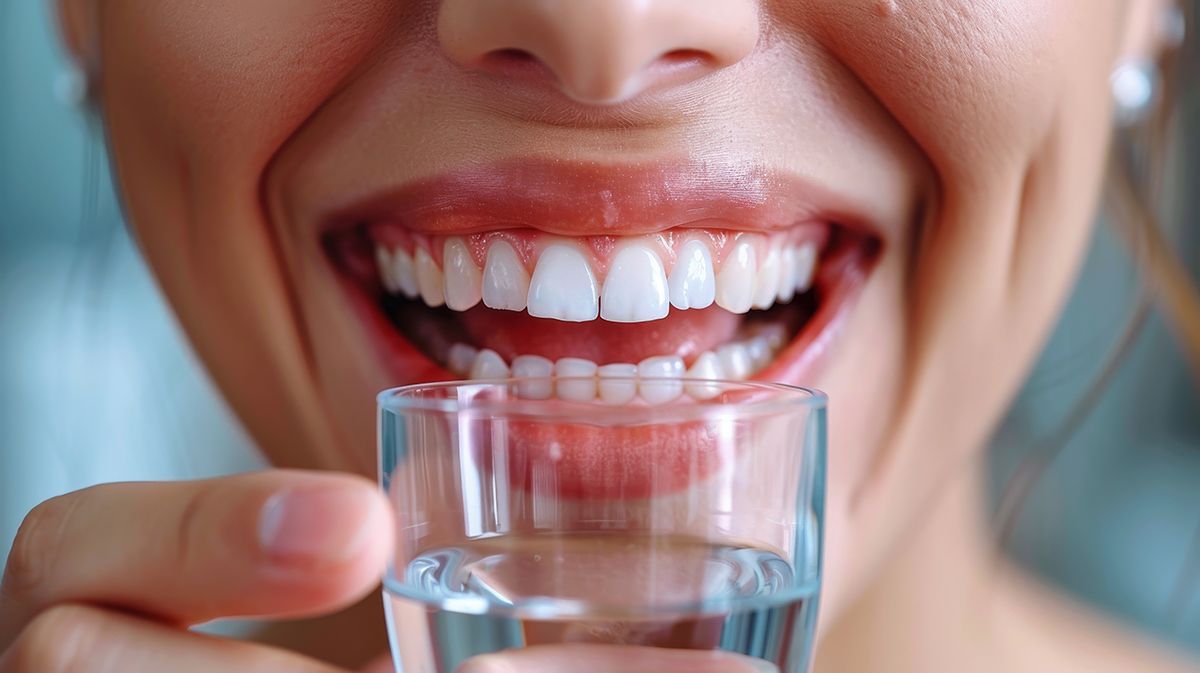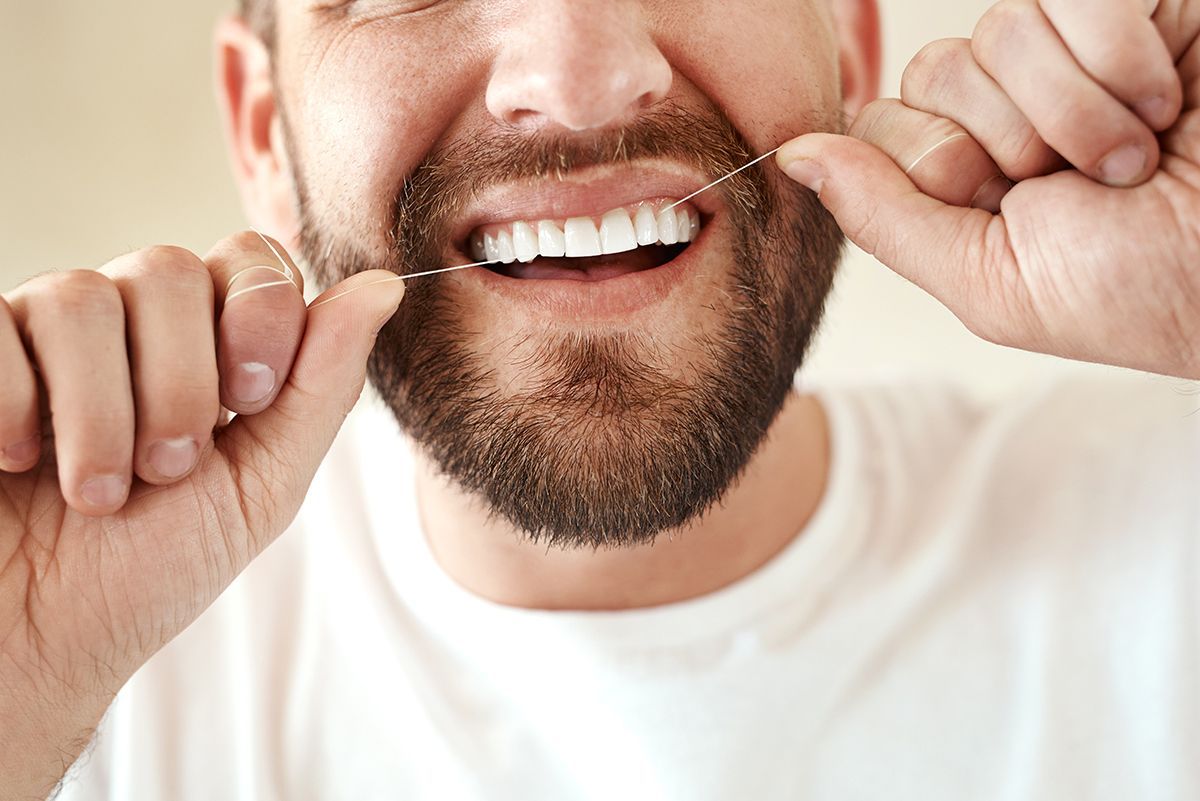The Impact of Smoking on Your Teeth: What You Need to Know
Smoking is widely known for its detrimental effects on overall health, including increasing the risk of lung cancer, heart disease, and stroke. However, the damage it causes to your oral health is equally alarming. At Oadby Dental Clinic, we will explore the various ways smoking affects your teeth and gums and why quitting smoking is one of the best decisions you can make for your oral health.
Stained Teeth and Bad Breath
One of the most visible effects of smoking is tooth discoloration. The nicotine and tar found in cigarettes can cause your teeth to turn yellow in a very short period. Over time, heavy smoking can even turn teeth brown. This staining is not just superficial; it penetrates the enamel and can be difficult to remove with regular brushing alone, often requiring professional teeth whitening treatments.
Additionally, smoking contributes to bad breath, also known as halitosis. The smoke particles remain in the mouth long after you’ve finished a cigarette, creating an unpleasant odor. The lack of oxygen in your bloodstream caused by smoking also means that bacteria in your mouth can thrive, further contributing to bad breath.
Increased Risk of Gum Disease
Gum disease, or periodontal disease, is a serious infection of the gums that can lead to tooth loss if left untreated. Smoking is a major risk factor for gum disease. The chemicals in tobacco interfere with the normal function of gum tissue cells, making smokers more susceptible to infections. Smoking also reduces blood flow to the gums, which impairs healing and makes it harder for your body to fight off infection.
Slower Healing After Dental Procedures
If you need any dental procedures, such as tooth extractions, implants, or gum treatments, smoking can significantly slow down the healing process. The reduced blood flow caused by smoking means less oxygen and nutrients are delivered to the tissues, delaying recovery. This can lead to complications and a higher risk of infections after dental surgery.
Higher Risk of Oral Cancer
Smoking is a leading cause of oral cancer, which can affect the lips, tongue, cheeks, and throat. Smokers are six times more likely to develop oral cancer than non-smokers. The carcinogenic chemicals in tobacco damage the DNA in cells in your mouth, which can lead to the growth of cancerous tumors. Regular dental check-ups are crucial for early
mouth cancer detection and treatment.

Tooth Decay and Loss
Smoking increases the amount of plaque and tartar buildup on your teeth, which can lead to cavities and tooth decay. The bacteria in plaque produce acids that erode tooth enamel, leading to decay. If left untreated, this can result in tooth loss. In fact, smokers are twice as likely to lose their teeth compared to non-smokers.
Reduced Effectiveness of Dental Treatments
Smoking can also reduce the effectiveness of treatments for gum disease and other dental problems. For example, smokers are more likely to experience implant failure compared to non-smokers because smoking affects the bone structure and gum tissue, essential for the success of dental implants.
Tips for Protecting Your Oral Health
If you are a smoker, the best step you can take for your oral and overall health is to quit smoking. Here are some tips to help you protect your teeth and gums:
- Seek Professional Help: Consult your doctor or a smoking cessation specialist for support and guidance on quitting smoking.
- Maintain Good Oral Hygiene: Brush your teeth at least twice a day, floss daily, and use mouthwash to reduce plaque buildup.
- Regular Dental Check-Ups: Visit Oadby Dental Clinic regularly for cleanings and check-ups. Inform your dentist that you are a smoker so they can closely monitor your oral health.
- Healthy Diet: Eat a balanced diet rich in fruits and vegetables to boost your immune system and oral health.
The impact of smoking on your teeth and gums is profound and damaging. From stained teeth and bad breath to a higher risk of gum disease, tooth loss, and oral cancer, the consequences of smoking are severe. By quitting smoking and taking proactive steps to maintain your oral health, you can protect your smile and improve your overall well-being. If you need support to quit smoking, don't hesitate to reach out to healthcare professionals or
Oadby Dental Clinic for help. Your teeth—and your entire body—will thank you.



